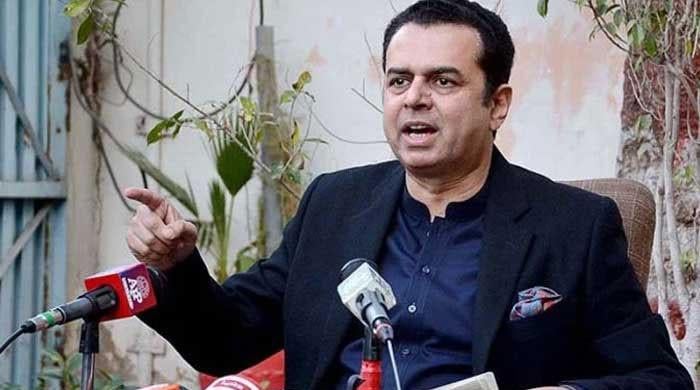LHC declares blacklisting of passports illegal
Court says no provision for blacklisting in Passport Act
February 10, 2022
- Court says no provision for blacklisting in Passport Act.
- Court says if there is a flaw in law then Parliament should play its role.
- Court says federal govt can confiscate a passport or revoke it under Article 8 of the Passport Act.
Lahore High Court (LHC) on Thursday declared the blacklisting of passports illegal, Geo News reported.
LHC’s Justice Tariq Saleem Sheikh declared the blacklisting illegal while issuing his judgment on the petition against the non-renewal of the passport of a blacklisted fugitive.
The court said in its judgment that there was no provision for blacklisting in the Passport Act.
However, the deputy attorney general warned that ending the process will have a huge impact.
But the court ruled that protection of fundamental constitutional rights against state interference based on concerns is a priority, adding that if there is a flaw in the law then the Parliament should play its role.
“In the case of PML-N, the Supreme Court in 2007 had given priority to basic human rights over state intervention for a free society. Fundamental constitutional rights are the heart and soul of the Constitution,” said the order.
The judge also ruled that travelling is considered a fundamental right, internationally, adding that any citizen’s wish to travel and go abroad is a human right.
The court ruled that the Passport Act 1974 and ECL Ordinance 1981 is related to travelling abroad.
“The government is obliged to give a two-week notice of reason before revoking the passport of any citizen. The federal government can revoke a citizen’s passport if they are working against the country,” read the judgment.
The court said that the federal government can confiscate a passport or revoke it under Article 8 of the Passport Act.
“There is no provision in the Passport Act for blacklisting,” said the judgment. It added that the government can stop a person from travelling via the Exit Control Ordinance 1981. The government can only include the names of those in the ECL who are involved in serious crimes, said the judgment.









